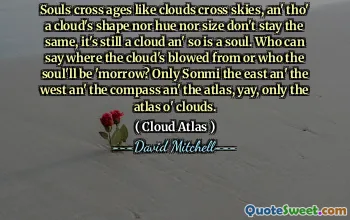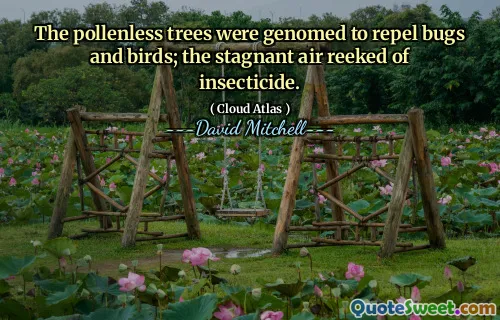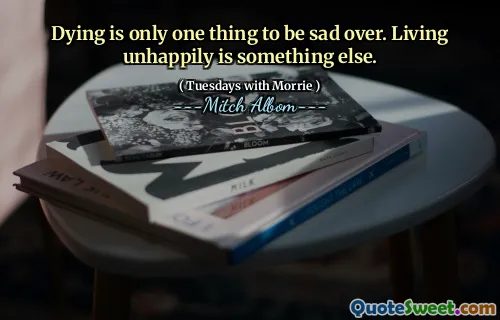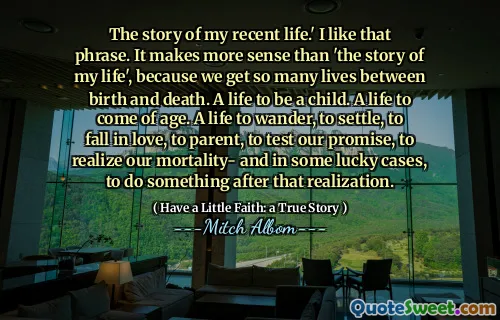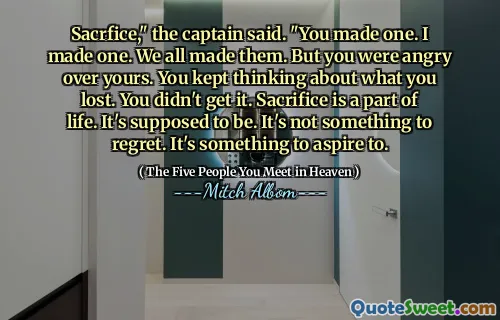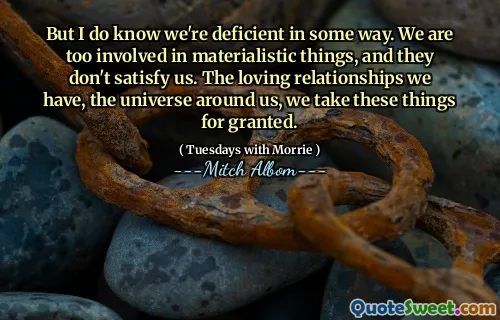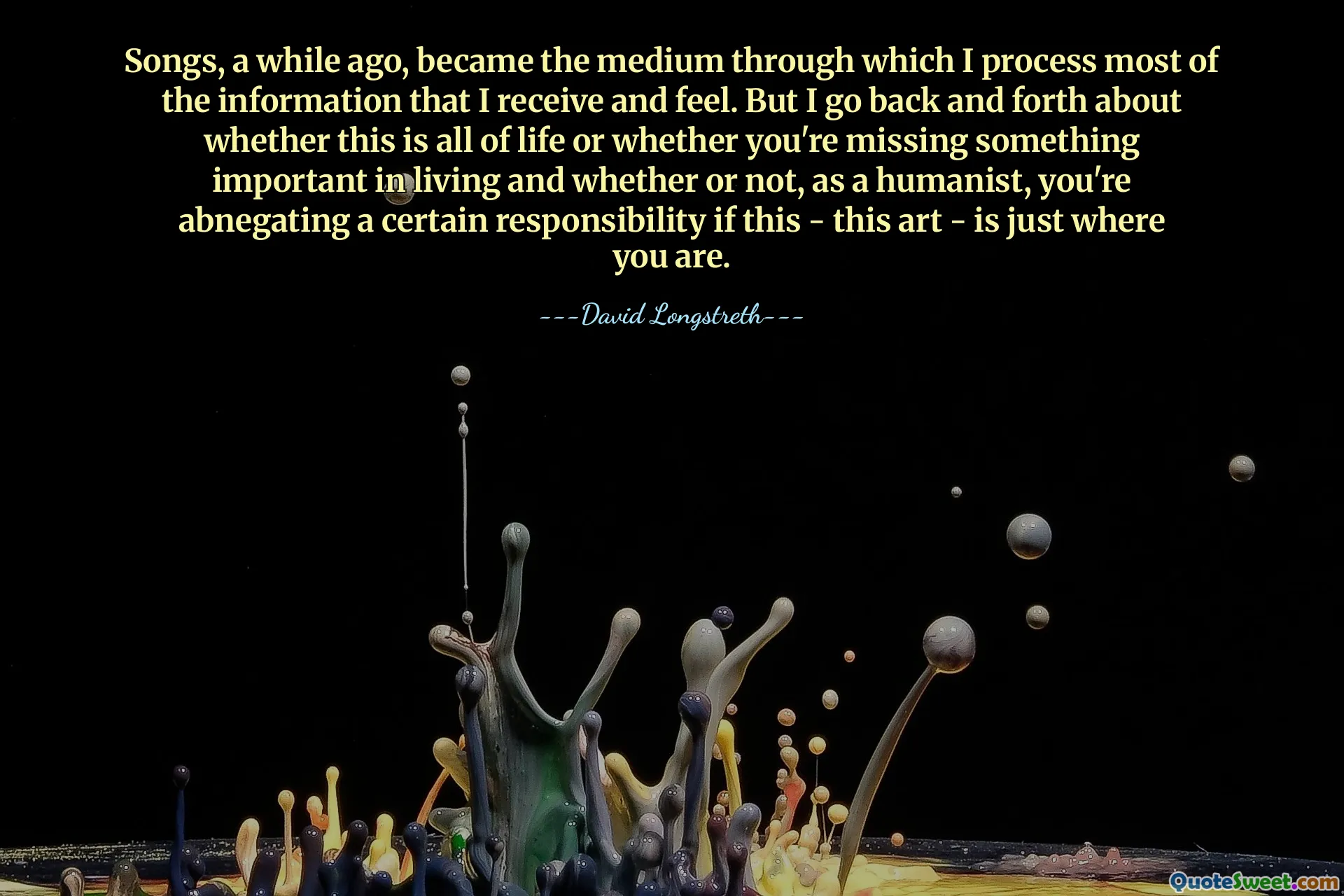
Songs, a while ago, became the medium through which I process most of the information that I receive and feel. But I go back and forth about whether this is all of life or whether you're missing something important in living and whether or not, as a humanist, you're abnegating a certain responsibility if this - this art - is just where you are.
This quote offers a profound reflection on the role of art, specifically music, in our emotional and cognitive lives. The narrator describes how songs have become a primary means of internal processing, a vessel through which they interpret and feel the flood of information and emotions encountered daily. This highlights the intrinsic power of music as an emotional archive and a connective tissue between consciousness and subconsciousness. It raises an important philosophical question about whether relying on art as a primary mode of understanding life limits the scope of human experience or potentially diminishes engagement with other vital aspects of living. There’s an underlying tension between the comfort and clarity that art provides and the possibility that it might also serve as an escape—perhaps a way to avoid confronting the messy, complex realities of existence directly. As a humanist, the speaker contemplates their own ethical and philosophical responsibilities; questioning whether prioritizing art over direct experience could be seen as neglecting the deeper responsibilities to live fully and actively engage with life’s more challenging and nuanced truths. This nuanced self-awareness demonstrates a tension between personal solace and existential engagement. It invites us to reflect on the balance between art and lived experience, questioning whether one enriches life sufficiently or if it risks becoming a distraction from deeper engagement with reality. Ultimately, this quote encourages ongoing introspection about how one navigates the essential human quest for meaning, connection, and understanding through art and life itself.






